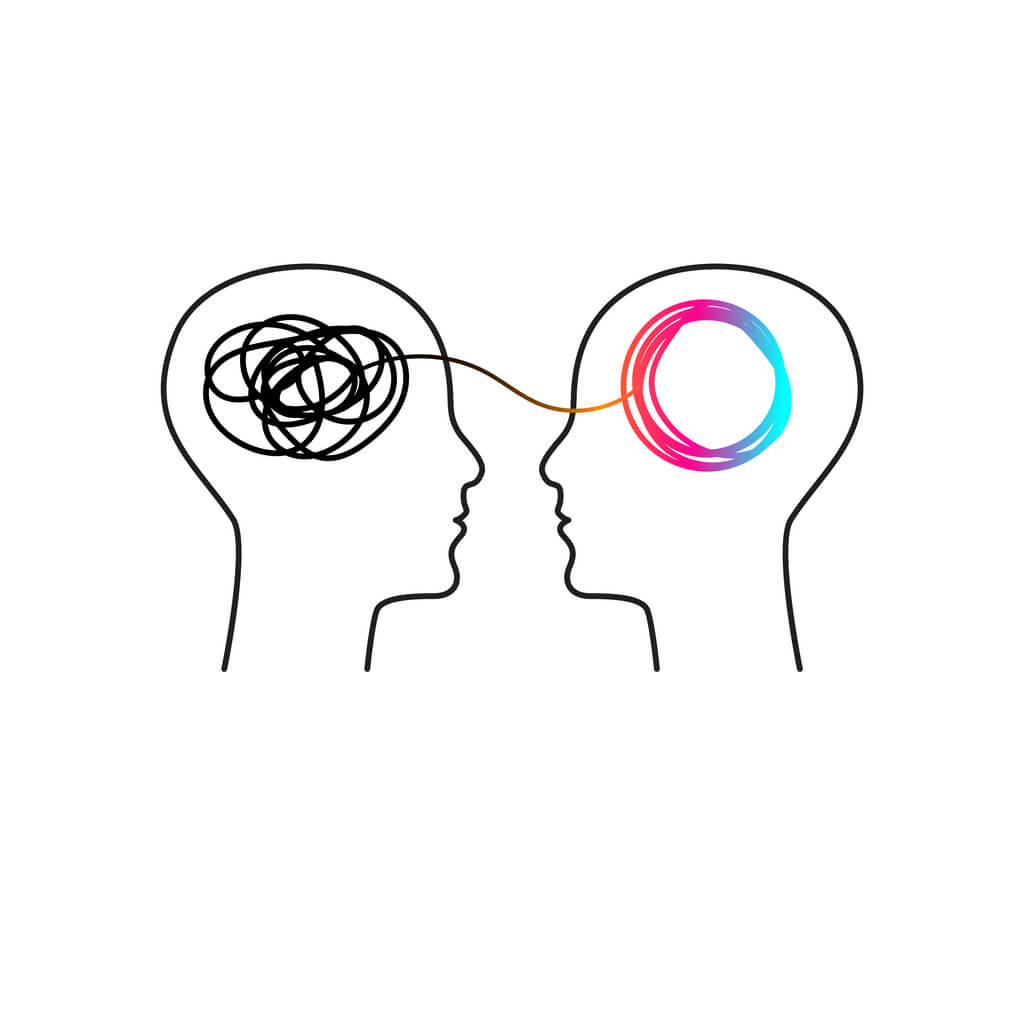How many people speak more than one language? That’s a curious question asked by many people, with no clear answer. Since there is no world census, one can only guess. What is the term for the use of more than one language, you may ask? Most people refer to this as bilingualism for the ability to speak two languages, or multilingualism for the skill to speak 3 or more languages.
FAQ:
What is bilingualism and why is it beneficial?
Do bilinguals think in both languages?
What does it mean to be multilingual?
What is multilingual vs bilingual?
What are the 3 major types of multilingualism?
What is it called when someone speaks more than one language?
Although some demographic experts claim that over half the human race is bilingual, others debate what constitutes bilingualism to begin with in that assessment. What does bilingual mean exactly, then?
In common terms, it’s often assumed that being bilingual is the ability to communicate understandably in two languages. However, official dictionary definitions define “bilingual” as the ability to speak fluently in two languages. While both may mean speaking more than one language, there is a marked difference between the two definitions. While it may be true that nearly half the world population is versed to some level in at least one language outside their native tongue, the actual number of fluent bilingual speakers around the world remains undetermined. Still, the benefits of being bilingual are obvious to most nations who have taken active measures to ensure their citizens are educated and well prepared for the international job markets.
Table of Contents:
Crunching the numbers
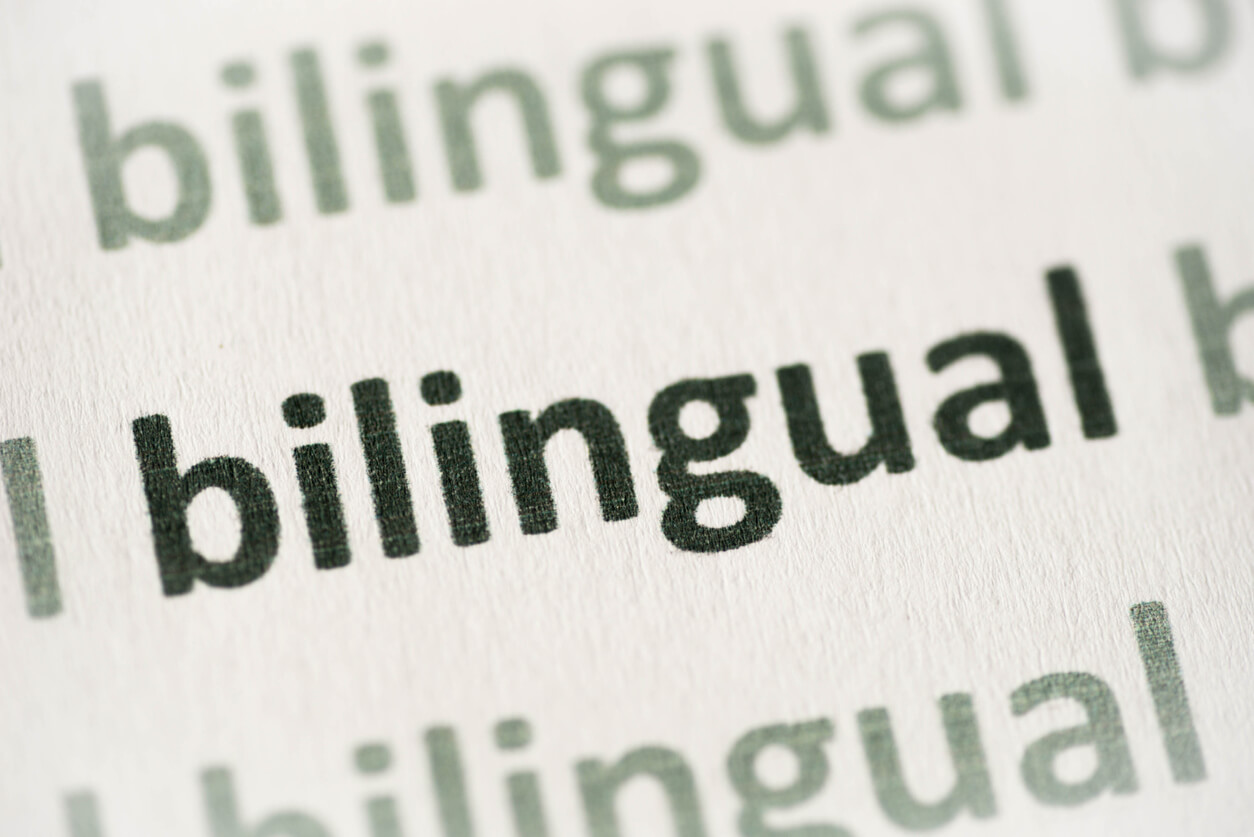
So what percent of the world is bilingual? Although many countries now mandate require a second language requirement beginning in early education, most don’t label themselves as bilingual countries but rather multilingual. With world migration at an all time high due to increases in technology, emerging economic growth, advanced education rates and better opportunities, many countries experience high immigration rates and therefore harbor multiple languages within their borders even without a large number of citizens speaking more than one language.
According to the World Economic Forum, from an independent study completed in 2017, there are only 34 countries with more than one official language, while two countries, the United States and Mexico, declare no official language at all. On the extreme end of the multilingual spectrum, Bolivia claims to have the most official languages of any country in the world numbering 38, the majority of being indigeonous languages, some of which are now extinct but still recognized.
Think that’s a lot? There are many countries with even more than Bolivia in comparison, but which are unofficially but commonly recognized. The tribal nation of Papua New Guinea in the Southwest pacific claims to have 840 distinct living languages. The archipelagic country of Indonesia in Southeast Asia boasts 707 living languages on its shores. Although Nigeria claims to have 517 languages, it’s only official language is English due to former British colonialism ending in 1960.
What about English then? It’s an admittedly naive assumption among native English speakers that the term bilingual refers to English + any other language. But considering its enormous international value these days in business, trade, and mass migration among other things, English is now a second language to most of the world whether it’s by choice or not. Today, there are around an estimated 1.35 Billion English speakers worldwide who are either native English speakers or who are able to speak English as a second language, placing them among those who speak more than one language. Such an enormous statistic is trailed only by Mandarin Chinese which has an estimated 1.1 Billion speakers worldwide. Mandarin, however, remains mostly regional and has limited use compared to English outside China and the Chinese business world.
As of 2019, according to Wikipedia.org, there were 55 nations where English was declared an official language, some of which are bilingual countries. Curiously this figure excludes the United States and Great Britain which make no claim despite being almost entirely English speaking countries. This does not, however, take into account countries where English is readily learned in society, though. Since most nations have come to realize that multinationalism is inevitable within their borders, and that English is a mediator tool for business, many governments have enacted education policies requiring English language learning as an investment in future social and economic growth. In a study project by the University of Winnipeg, they estimated that there are at least 142 countries in the world where English language study is a mandatory requirement in early level public education, making a good chunk of the countries’ citizens multi language speakers.
Is being bilingual a skill?
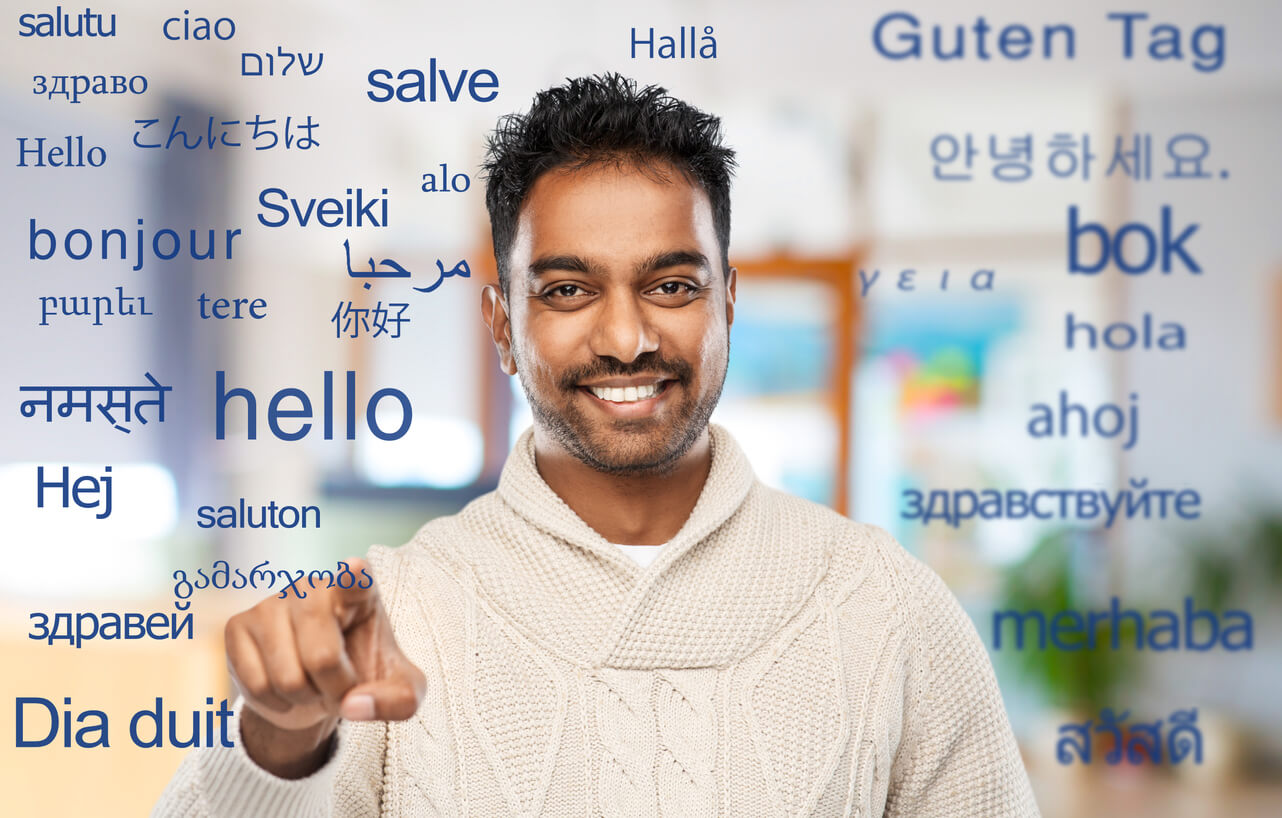
For those lucky enough to be born into bilingual families, learning multiple languages at once comes naturally. But for most people, it’s a skill set that is learned in the classroom. In fact, in many countries, English has become so common in society as a basic element of education that bilingualism isn’t even enough to land you a decent job (mind you, that’s certainly not to say there are no benefits of bilingualism there). In countries where English is a second language, many international companies have set multiple language requirements for their applicants. Usually this consists of the local language, plus English, plus a specialized language or even more for specific business purposes used by the company. For most advanced countries, those who speak more than one language tend to get better jobs and advance further in their careers than those who don’t. Talk about advantages of being bilingual!
How many languages does the average American speak?
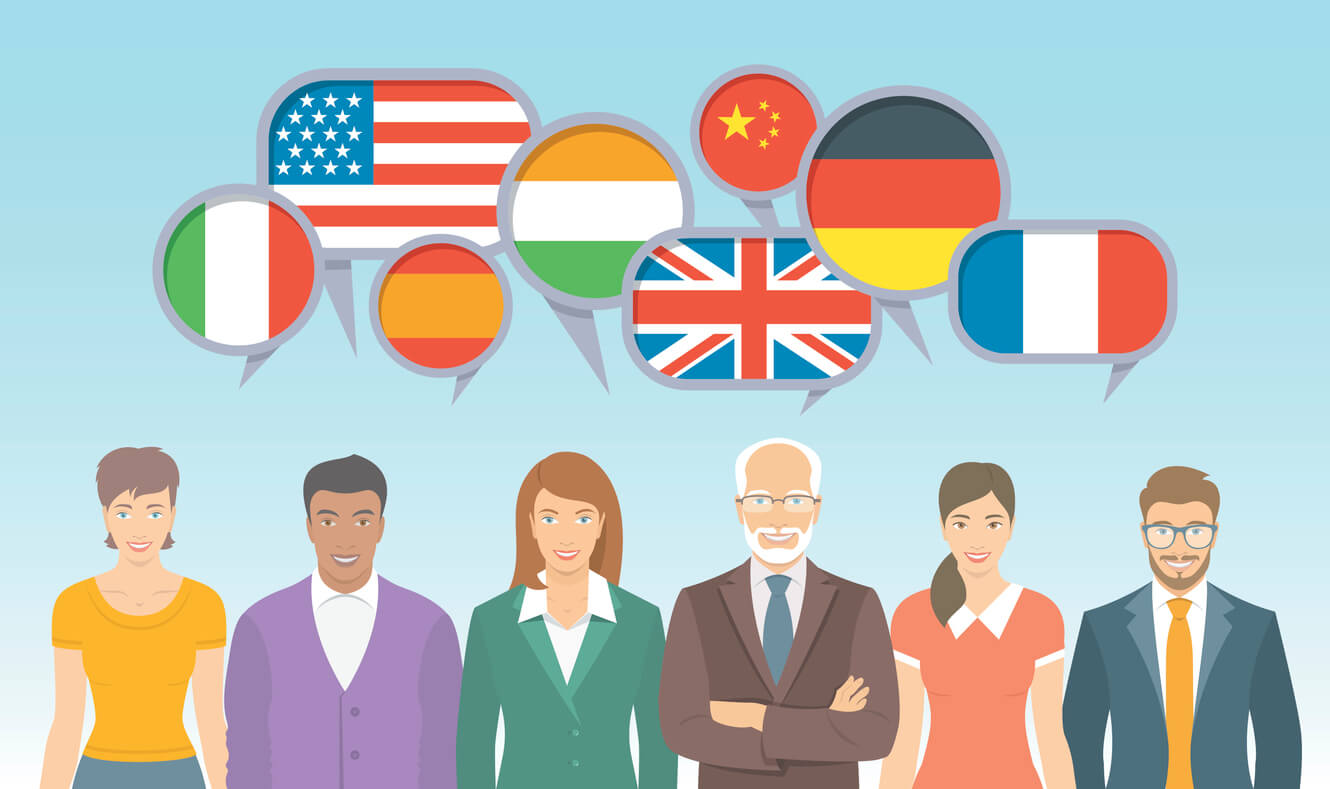
How many Americans are bilingual? Less than you might imagine, as all the biggest English speaking nations, the United States, Canada, Great Britain, and Australia, do not require a mandatory second language in their public school systems. This may seem obvious to some since English is already the unofficial international language of the world, but these nations may eventually find themselves competitively disadvantaged in the future not to implement language learning in their education curriculums somewhere down the line. As we’re about to establish, speaking multiple languages can be an advantage in itself, no matter what the languages are.
Bilingualism advantages
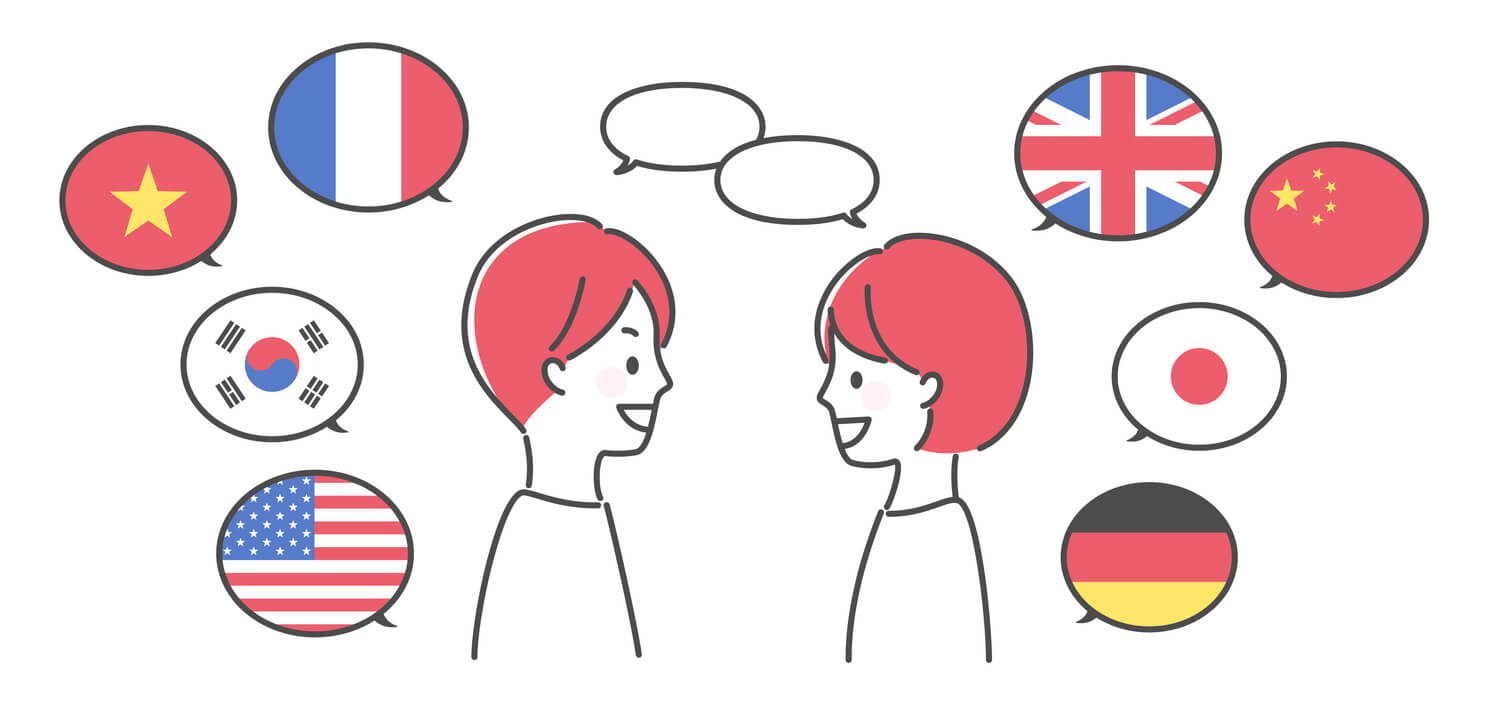
Besides being an impressive addition to your resume, recent studies show that there are many advantages of speaking more than one language. In the workplace, people who speak multiple languages often outperform colleagues who are monolingual due to their task switching ability and focused attention to detail. Also, a bilingual employee can be used for employee relations, business transactions or business trips when needed for purposes requiring a specific language. The benefits of being bilingual in the workplace definitely outweigh any other alternative by a long shot. As for the negative effects of bilingualism, they certainly don’t outweigh the benefits.
Bilingualism psychology
There are many psychological and social benefits of being bilingual as well, it turns out. The bilingual brain has been proven to be more cognitive of its environment, focus driven, and less distracted than its monolingual counterpart. Those who speak more than one language are also accustomed to taking emotional cues from different people in multicultural settings, making them more empathetic and socially conscious. For children, learning multiple languages at once is proven to be good for brain development and develops lifelong multitasking skills among other things. In older age, being able to speak two languages helps to prevent dementia, altzheimers, and age related memory loss and mental decline. It’s hardly arguable benefits of bilingualism are significant.
So if speaking more than one language is so great, why doesn’t everyone do it? Some nations, especially English speaking ones, find it difficult to convince society of the need to implement mandates for language learning programs if they aren’t used in everyday life or within the workforce. This could one day change in the United States, however, as Spanish becomes more integrated into American culture, mass media, business and politics. But until that happens, while the rest of the world embraces the advantages of speaking more than one language, Americans may have to use a VASCO translator!
Vasco Electronics specializes in voice-enabled handheld translators that are capable of translating up to 108 different languages. The heart of our instant translators rests upon cutting-edge technology. It flawlessly matches the phrases and terms of one language to another, and pronounces words in the target language like a local. Vasco translators automatically connect to GSM networks in almost 200 countries without extra fees, sign-ups or subscriptions. The result is excellent understanding and impeccable pronunciation that fits in your pocket – you can be a multi-language speaker without learning and enjoy the benefits of knowing multiple languages. Make new friends and find business opportunities wherever you go!
| Country | % of People that Speak >1 Language | Exemplary Languages |
|---|---|---|
| Luxembourg | ~84% | Luxembourgish, French, German, English |
| Singapore | ~73% | English, Mandarin, Malay, Tamil |
| Switzerland | ~68% | German, French, Italian, Romansh |
| Belgium | ~60% | Dutch, French, German |
| Netherlands | ~90% | Dutch, English, German, French |
| India | ~20% | Hindi, English, Bengali, Telugu, Marathi |
In a nutshell:
The number of people who speak more than one language is unknown, but it is estimated that over half the human race is bilingual. Speaking multiple languages has many benefits, including cognitive advantages, social benefits, and improved job prospects. In many countries, English is a mandatory second language in public education. However, the United States does not require a second language in public education. Bilingualism has many advantages, including the ability to focus and pay attention to detail.
